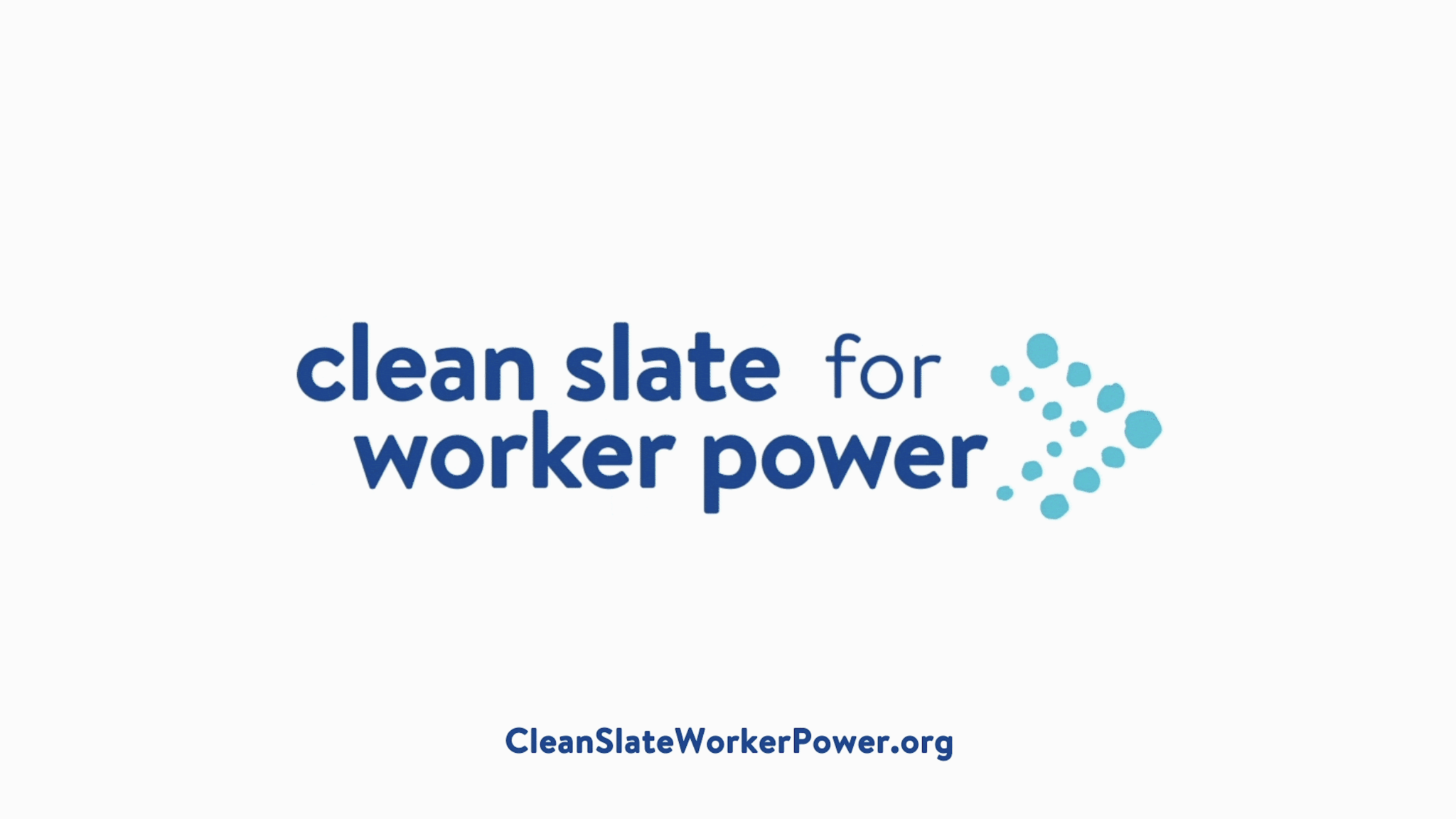Deanna Krokos is a student at Harvard Law School
This week, the Labor and Worklife Program at Harvard Law School released their Clean Slate for Worker Power, a report re-imagining, rebalancing, and re-vitalizing labor law. The report spans more than 100 pages, outlining a robust and ambitious plan of detailed reforms including sectoral bargaining, works councils, workplace democracy, and robust collective action rights “all essential to address larger concerns about economic and political equity in a divided, polarized society.” Each of these reforms are part of a larger goal to “fundamentally redesign” labor laws, “rather than pursuing incremental reforms.”
The project is forward-looking—“not based on nostalgia for the past”—and makes inclusion its first goal. Today’s labor laws were crafted with carve-outs and exceptions that left industries dominated by women and people of color outside of their protections, and the Clean Slate report aims to build robust, equitable, and empowering laws for all workers. The project was led by Sharon Block, executive director of the Labor and Worklife Program, and Harvard law Professor Ben Sachs and the report “engaged ideas from more than 70 activists, workers, union leaders, professors, and others.” By providing the tools for workers to organize, the project aims lessen inequality so workers can counter corporate power “in the workplace, across industries, in the boardroom and at the ballot box.” The full report and executive summary can be found at https://www.cleanslateworkerpower.org/.
NPR reports that the Trump Administration’s visa restrictions have made it harder for U.S. companies to attract high-skilled workers from around the world, creating “an opportunity for other countries, like Canada, which has become a magnet for global talent.” As remote work becomes easier and bringing workers to the U.S. becomes more difficult, “Google, Microsoft, Intel and Uber have either opened or announced plans for new offices in Canada” to gain access to foreign talent. Others are opening “virtual subsidiaries” to accommodate workers without confronting the onerous U.S. visa system.
This week, The Washington Post featured 32-year-old artist Mario Moore, who used a prestigious artist’s fellowship at Princeton to create a series of portraits depicting the blue-collar workers who make the University run. After receiving the Hodder Fellowship, Moore produced 22 images of cooks, groundskeepers, and security workers to be displayed on Princeton’s campus. Moore told WaPo that it was important to make these blue-collar workers, largely African Americans, “visible” and “put them in positions of power.”






Daily News & Commentary
Start your day with our roundup of the latest labor developments. See all
July 15
The Department of Labor announces new guidance around Occupational Safety and Health Administration penalty and debt collection procedures; a Cornell University graduate student challenges graduate student employee-status under the National Labor Relations Act; the Supreme Court clears the way for the Trump administration to move forward with a significant staff reduction at the Department of Education.
July 14
More circuits weigh in on two-step certification; Uber challengers Seattle deactivation ordinance.
July 13
APWU and USPS ratify a new contract, ICE barred from racial profiling in Los Angeles, and the fight continues over the dismantling of NIOSH
July 11
Regional director orders election without Board quorum; 9th Circuit pauses injunction on Executive Order; Driverless car legislation in Massachusetts
July 10
Wisconsin Supreme Court holds UW Health nurses are not covered by Wisconsin’s Labor Peace Act; a district judge denies the request to stay an injunction pending appeal; the NFLPA appeals an arbitration decision.
July 9
the Supreme Court allows Trump to proceed with mass firings; Secretary of Agriculture suggests Medicaid recipients replace deported migrant farmworkers; DHS ends TPS for Nicaragua and Honduras